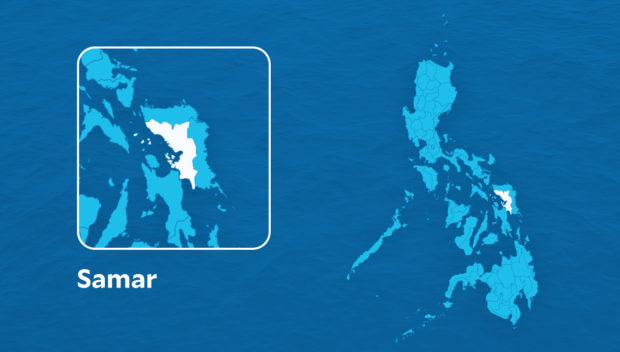In Samar, 150 families to get ‘climate-resilient’ toilets
TACLOBAN CITY, Leyte, Philippines —At least 150 poor families in three municipalities in Samar province will soon have sanitary toilet facilities.
The project for affordable “climate-resilient toilets” was initiated by the provincial government with partners in microfinance institutions and with the support of the United Nations Children’s Fund.
Samar Gov. Sharee Ann Tan said the province, one of the poorest in the country, and its partners invested in this initiative that would ensure the health and safety of poor households in the towns of Basey, Jiabong and Paranas.
“Having climate-resilient sanitation is one of the steps we’re taking to mitigate the risks and shocks associated with climate change,” she said.
Under the agreement, the provincial government, including the local governments where the beneficiaries are located, will shoulder 85 percent of the cost in the form of a P45,000 grant per toilet. The remaining 15 percent of the toilet cost will be paid by the households to microfinance institutions in 12 monthly installments.
Article continues after this advertisementMicrofinance institutions operating in Samar — ASA Philippines, LifeBank Philippines, and Negros Women for Tomorrow Foundation — would finance the total upfront cost for selected households.
Article continues after this advertisementREAD: Northern Samar sees tourism boost with Australian cruise ship visit
READ: Losing village council bet in Northern Samar dies in fire
Features
The climate-resilient toilet, each costing P53,000, features a two-chamber septic tank and a leach pit to prevent contaminating groundwater; roofing with a GI sheet protected by a parapet wall to prevent strong winds from getting inside the structure; a flooring raised above the ground to prevent floodwater; and an air vent to ensure proper air circulation.
The beneficiaries must have no existing toilets, own a lot not located in a danger zone area, be willing to take out a loan for the construction of the toilet, and pass the eligibility criteria set by the microfinance institutions based on the household’s capacity to pay the loan.
Dr. Exuperia Sabalberino, director of the Department of Health (DOH) in Eastern Visayas, said having climate-resilient toilets that safely contain fecal matter could prevent contamination of groundwater and the environment, especially during disasters, which can lead to water-borne diseases.
Samar, which was picked as one of the universal healthcare law advance implementation sites, was chosen for the project due to its high prevalence of sanitation-related diseases like diarrhea. Also, 142 of its barangays are considered endemic for schistosomiasis.
Based on the 2022 report of the DOH Information System, only 78.54 percent of households in Samar province have access to basic sanitation facilities.
